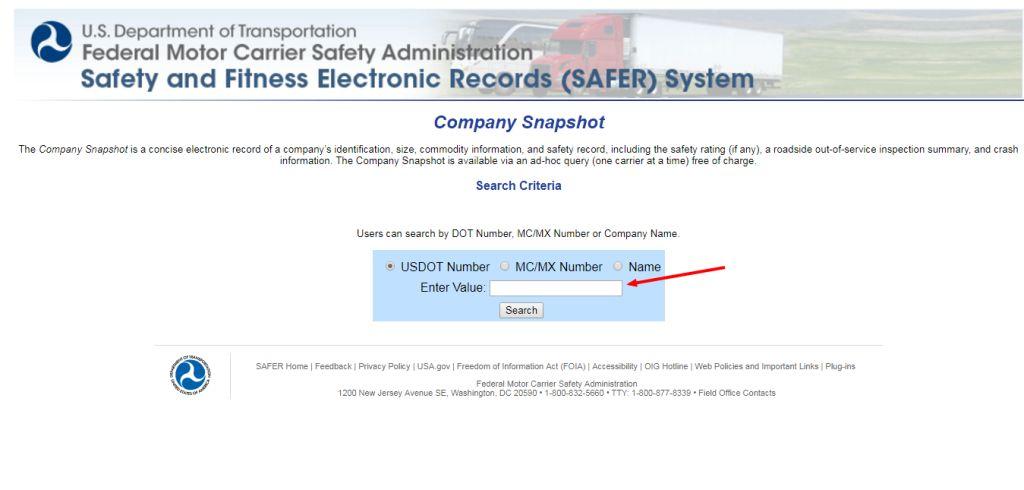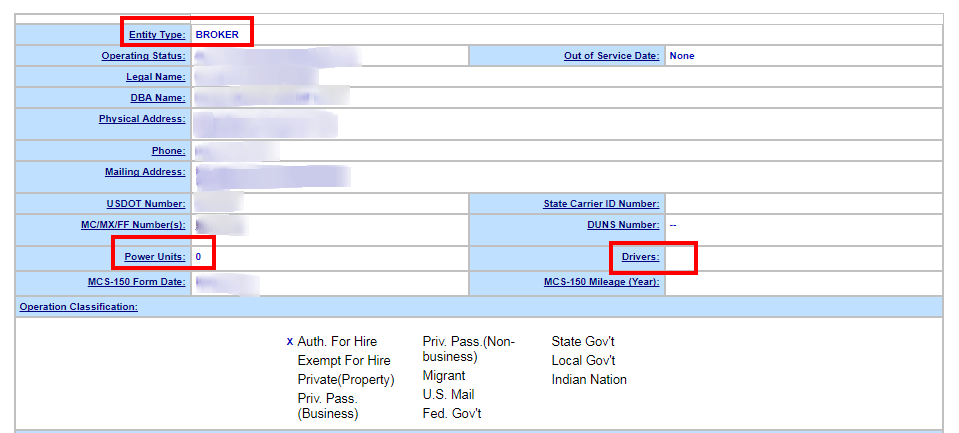Shocking Facts About Relocation: Moving Scams Your Movers Are Using

What no one is talking about is that the moving industry abounds with various scams which are designed to trick customers for more money. Don’t get hooked and check out this unique account of all the things you must beware of when relocating.
Moving scam #1: cubic feet
Every year, about 10 million people are relocating in America. Movers use a cubic feet scheme as one of the ways to lure clients with a promise of a cheap cost.
Typical scenario: usually, 200 c.f. is the minimal move costing $4 on average. A moving company will call you and ask to provide them with a list of your inventory.
Since you probably don’t have time to go through each item, they will suggest that a 2-bedroom apartment will typically go for 300 c.f. That will cost you $1,200 which is cheap and most people are getting hooked.
Little they know that a 2-bedroom apartment usually goes for 600 to 800 c.f. The movers will arrive on a moving day and charge you twice or thrice more.
Solution: don’t discuss these things over the phone. Professional movers will come to your place and give you an accurate cost estimate.
GET A QUOTE
Moving scam #2: trucks
Typical scenario: Department of Transportation requires that each truck must be properly marked when loading it. But some movers choose to play tricks: where it is 100 c.f., they add extra 50 c.f. which costs clients $200 more.
Solution: knowing that such a thing can happen, check the marking lines in the truck on your own.
Moving scam #3: packing boxes
Typical scenario: knowing that clients may not have time to collect packing boxes on their own, moving companies charge 3 times more for their boxes. You can buy these boxes in a shop for $3 while movers charge you $15.
Solution: try to collect boxes in advance, no matter how busy you are.
Moving scam #4: scams with pounds
Typical scenario: you can weigh your possessions in any of the countless weight stations, many of which are nearby. The movers can weigh the empty truck with an empty diesel tank and that would make about 25,000 pounds. But once the truck is loaded with your possessions, they will fill the diesel tank with fuel which adds 400 pounds and $200 more.
Solution: check the diesel tank.
Moving scam #5: truck wheels
Typical scenario: when in a weight station, the truck is put on the scale unevenly so that one wheel (or more) is not being weighed. This can reduce the weight by 1,000 to 3,000 pounds! And once the truck is loaded with your possessions, it is weighted the right way (all wheels are fully on a scale) and you’re charged up to $2,000 more.
Solution: you must overlook the entire weighing process thoroughly.
GET A QUOTE
Moving scam #6: adding more weight
Typical scenario: perhaps the simplest way for the movers to drive up the weight is to add more load on a scale if the customer is not overlooking the process.
Solution: always accompany your movers to the moving station and watch closely how they are weighing.
IMPORTANT: if you don’t believe the result, you can re-weigh at another weight station. This is the right given to you by the law and Department of Transportation. The driver can threaten you that he won’t unload and re-weigh the truck but you have a legal right to insist.
Moving scam #7: is your company a real mover?
Option #1
To find out whether your company is a real mover and not a household good broker, go to http://www.safersys.org/
CompanySnapshot.aspx

Most brokers are not reputable. They will accept your order and deposit and delegate the real job to the moving company. Some brokers charge 20% to 40% for their services while having no insurance and not providing any real services. At the same time, they will pay a moving company they hire a fraction of your deposit. So the movers will have to perform a big job for the little money. Would they actually do their best?
Apparently not, and the quality of service will inevitably suffer. In turn, this causes lots of issues. For example, if you’re working with a moving company, you can solve all issues directly with them. But the broker will say they cannot help you because they’re not the moving company. You’ll be asked to contact a moving company but they won’t help you either because they’ll tell you that the broker is the one who provides the service. And there you go, just going around in circles.
To avoid this horrible scam, use the website above and enter the USDOT number each mover has. If the company is a broker, you will see the following results (no power units and drivers):

On the contrary, a moving company will have both vehicles and drivers:

As you can see, the Entity type is Carrier and the company has 19 vehicles and 8 drivers. To find out whether this is a good, reputable company, take one more step.
Scroll the page down and check out inspections results. In the example below, there are some violations. For example, the number of vehicles that are out of service is somewhat higher than the national average but that should be ok (unless you’re not comfortable with it). However, the number of drivers’ violations – every 4th – are much higher compared to the national average. Vehicles out of service + unprofessional drivers = scam. We highly recommend that you don’t sign up with them.

Option #2
Another way to check the company is to check for their insurance. You can do this using the same site from above.
If their insurance type is “Bond”, they are brokers:

If the insurance type is “Cargo”, it’s a moving company:

You will do yourself a favor by not signing up with brokers. Their only goal is to lure more customers (and deposits). A majority of these companies are set up in summer (end of March – April). They hire a dozen of staff and get a license but as soon as autumn comes, they disappear. Having violated so many regulations, it’s easier for them to close down, then reopen the next season. Clearly, their reputation is not their major concern.
Final thoughts
By now, it will be very hard to trick you into spending more on your relocation. A really good idea is to ask for an on-site estimate. Your movers can try to convince you they’re super experienced and can estimate your house in Florida from New York but don’t believe that for a second.
If your movers are coming to your house to make estimates, they won’t scam. In any case, they cannot add more than 10% to their initial estimation. So if you have a hand-signed estimation of $5,000 – if they give you the estimate on site – they cannot charge you more than $5,500 no matter what happens.
Know your rights and don’t be afraid to stand up to any scams!
GET A QUOTE
Alex Sherr is the founder of Long Distance Moving, a blog that provides moving information and resources for people who are relocating. He has more than two decades of experience in the moving and relocation industry, and he is passionate about helping people relocate smoothly and efficiently. When he's not writing or blogging, Alex enjoys spending time with his wife and two young children.







